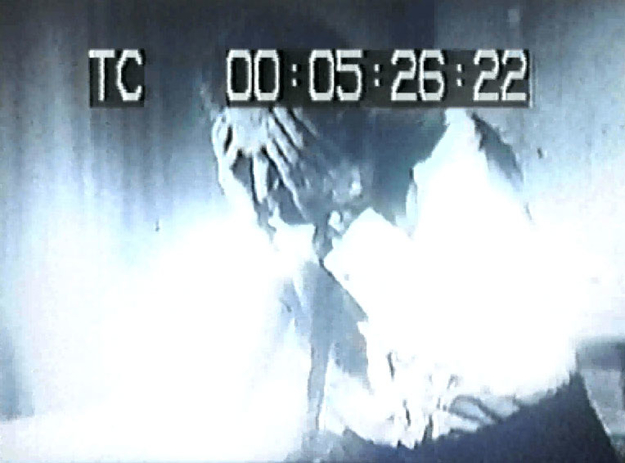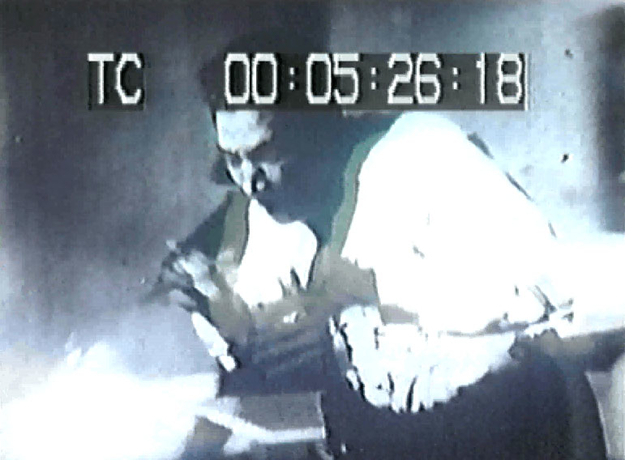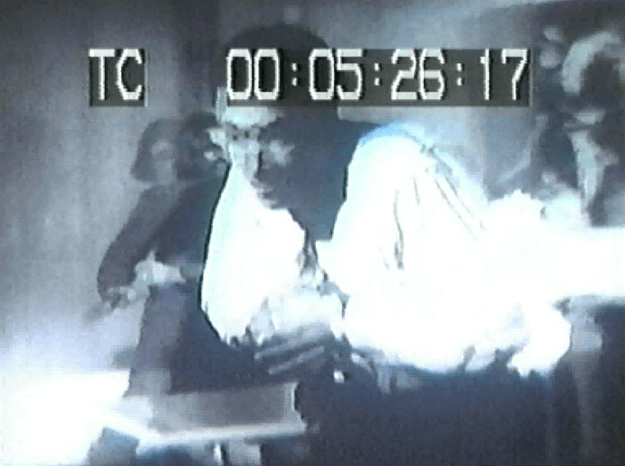MTH Before this interview, have you ever dealt with the theme of self-immolation? And if so, how?
GH I have never focused on this particular theme, but rather on the more general theme of self-destruction in the cause of a whole range of motives, including political motives. Albert Camus has written some interesting material on the subject.
MTH In an interview with the Tageszeitung,you assumed that self-immolation invariably involves a state of collective psychosis. Is this not to demystify individual cases? I mean, does it not show a lack of appreciation of individual acts of self-sacrifice?1
1'Eine Bewegung, die keiner mehr kontrollieren kann' (A Movement No One Can Control) - Psychoanalyst Gertrud Hardtmann speaks on the subject of self-immolation by militant Kurds. Interview by Harry Nutt, Tageszeitung, # 5766, Feb. 19, 1999
GH What I said in the Tageszeitung was in response to certain questions relating to a specific political event, and cannot simply be taken to refer to other motives or situations. Self-immolation may be inspired by a wide variety of motives, both individual and collective; usually, it is a matter of a whole complex of motives, possibly - but not necessarily - including self-sacrifice.
MTH Should war, between two nations for instance, where vast numbers of men and women decide to fight for their country or religion, also be seen as a state of 'collective psychosis'? Is it also a case of a mass of people who no longer bother to check certain assumptions, especially since they are now under orders? Is war a matter of a loss of realism?
GH Psychosis, or any psychotic reaction, represents a partial loss of realism. Hitler was an example of such loss of realism, as were his generals. But so, too, was the Allied bombing of Dresden in 1944 an instance of this loss of realism. Realism has to do with the relationship between one's goals and the means employed to achieve them. In almost every war that I know of, this relationship is lost. I believe this is because war and its military participants develop a logic and dynamic of their own that can no longer be controlled by means of political reason.
MTH Is there a difference between guerrilla warfare and conventional warfare?
GH I suggest you speak to a political scientist about that.
MTH What does it mean if people sacrifice themselves for the sake of duty, rather than out of more tactical concerns?
GH I don't really see the difference. A sacrifice is a sacrifice - from a subjective point of view at any rate.
MTH If people sacrifice themselves for political reasons who do not themselves belong to any political movement or organization, however, as was the case with Jan Palach in Czechoslovakia, can this act of self-immolation be seen as a deliberate, preplanned act by someone who wishes to make a point? Or should it be seen as a form of emotional blackmail instead?
GH I don't know if Jan Palach ever discussed his action with other people beforehand, but he appears to have acted of his own accord. However, to plan and to pressurize do not exclude one another. If I were to burn myself in public, I'd certainly want to make a political statement and thereby apply political pressure.
MTH How would you describe an individual action like that? What are the underlying behavioral models? Are they the same as with an average suicide?
GH Actions like these may or may not spring from suicidal intentions. It is impossible to deliver any general judgment on the matter; rather, with each individual case I would consider what motives, or more usually what complex of motives, lie beneath it, insofar as these can be grasped at all, that is. Suicide, too, can spring from a vast array of motives. And that is only speaking of conscious motives, not to mention any unconscious ones, which usually elude us.
MTH Would you say that these actions amount to failure? A private and political failure?
GH Who am I to say what failure is, and what is not? Actions can only be compared to what the person involved hoped to achieve. An act of self-immolation usually gets plenty of publicity - even if often for an incredibly short period of time. I don't know to what extent the people who commit them are aware of this.
MTH Can self-sacrifice be described as a masochist attitude?
GH Self-sacrifice can be a sign of masochism, but again, it doesn't have to be. It can also be a sign of desperation, resignation, love, high ethical standards, or even the fact that people consider their convictions to be more important than their lives. Again, I found that rereading Camus's L'Étranger was very helpful in this respect.
translation PIETER BIJKER


